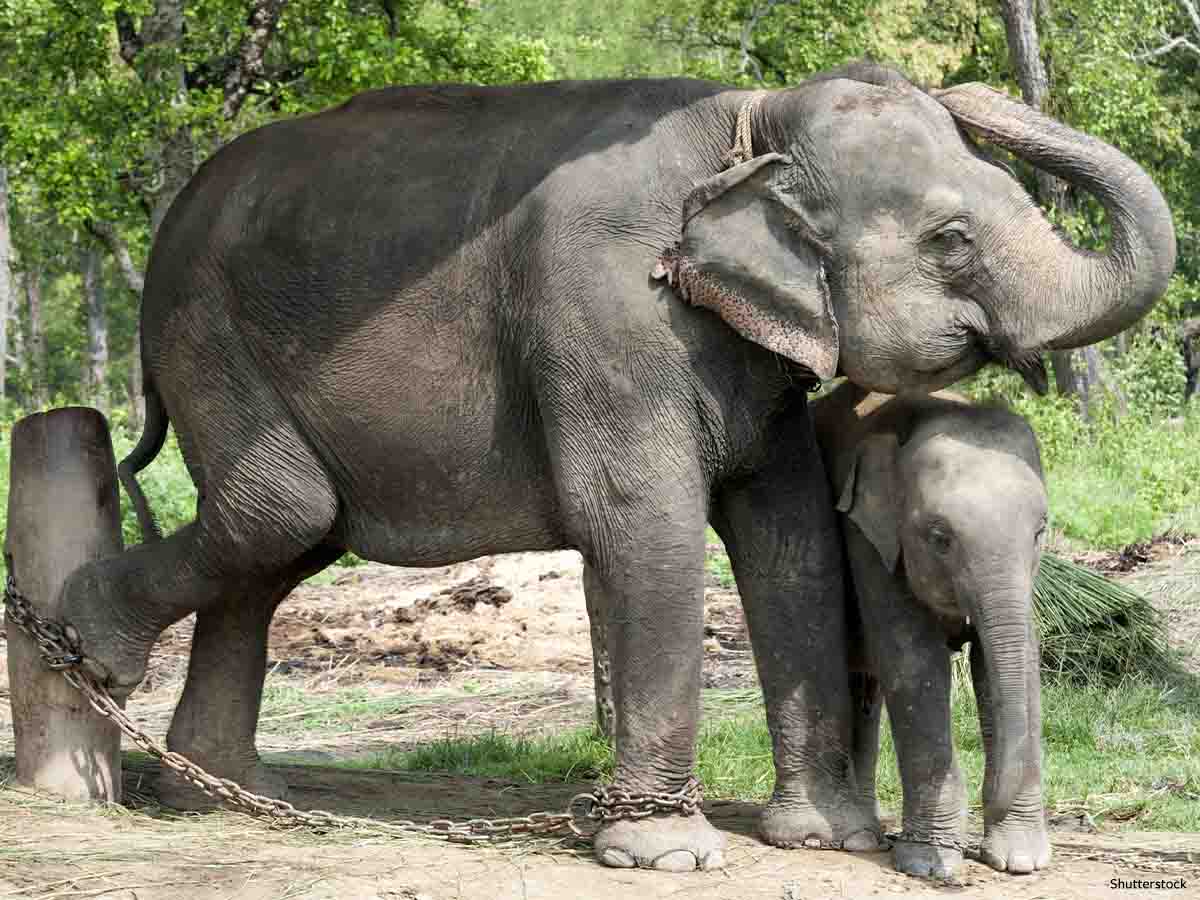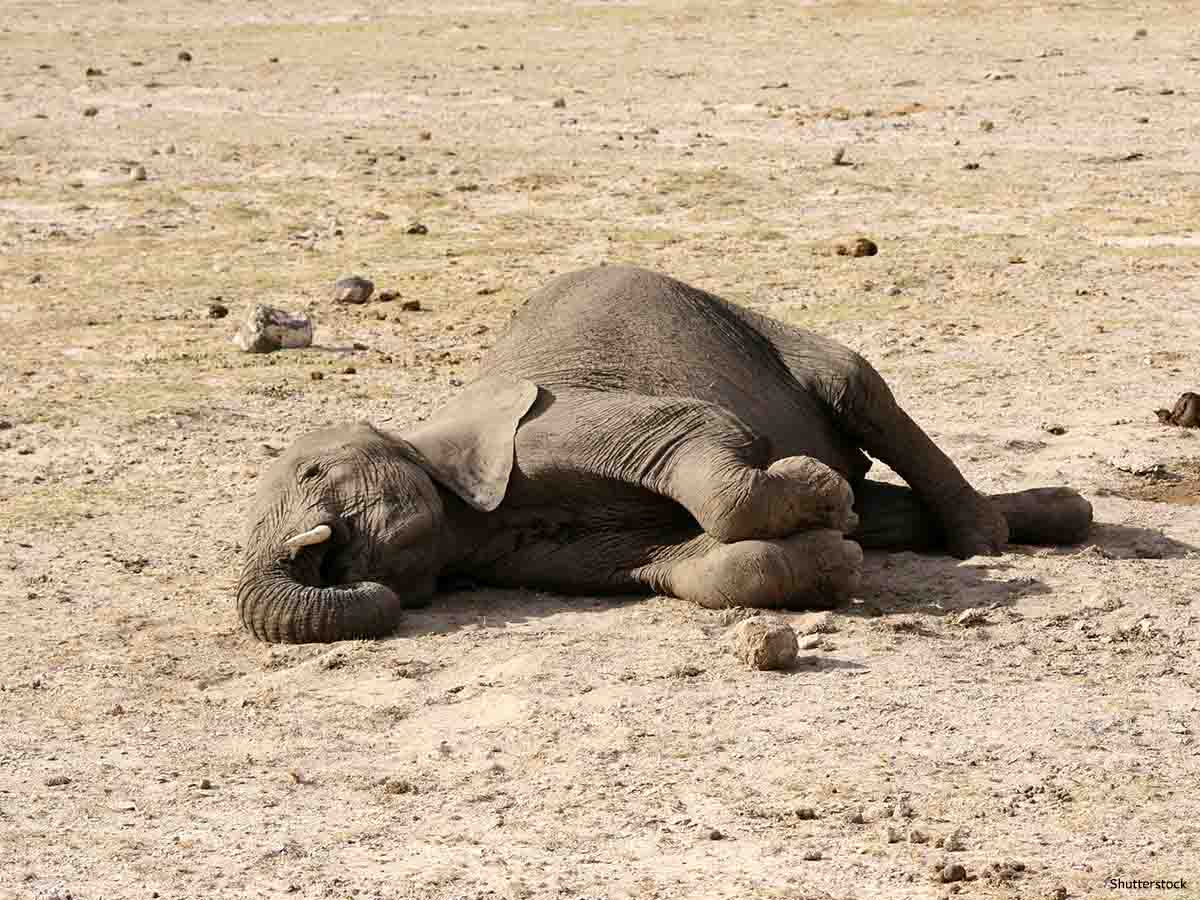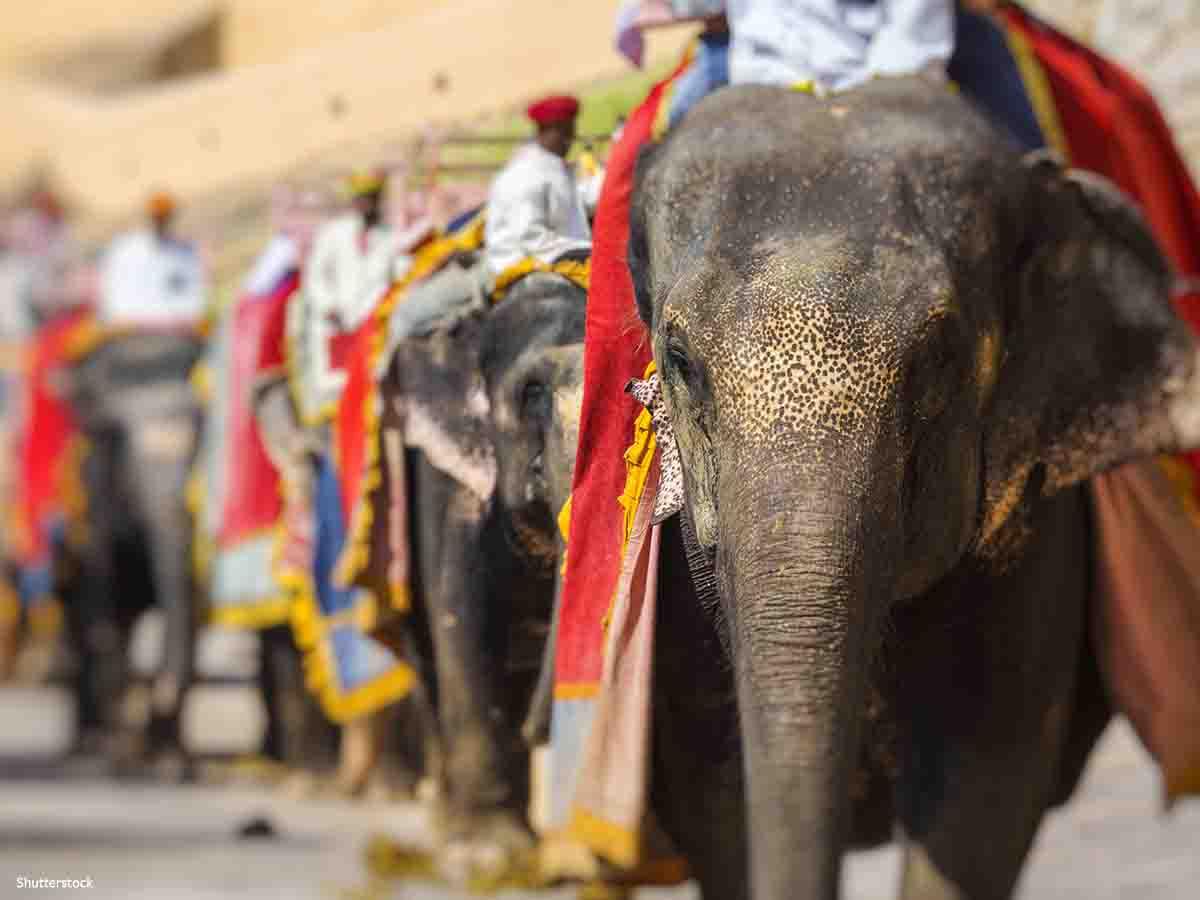The Sad Status of Elephants on World Elephant Day
Every year, August 12 is set aside to honor and celebrate the world's largest land mammals. Elephants in Asia and Africa deserve this day to remember why they are special and why they need to be protected against the perils they face in the wild and captivity. Recent threats to elephants in India and Africa have emerged, raising new concerns and a new call for compassion for these beleaguered animals.
On August 3, 2022, the Wildlife Protection Amendment Bill (WLPA) was passed by the Lok Sabha, the Lower House of the Parliament of India. The amendment would be made to Section 43 of the WLPA and would permit elephants to be used for “religious or any other purpose”’ The bill awaits passage in the Rajya Sabha, the Upper House of Parliament. In the meantime, concern grows as this move would open the door to increased demand for the illegal capture of wild elephants, followed by cruel training in kraals, which are small, dark wooden enclosures, where elephants are beaten with bullhooks or sticks and even axes.

Chained elephant mother with her baby at an elephant breeding center in Nepal.
Elephants are not any better off in other Asian countries where they exist, including Thailand, Nepal, and Sri Lanka. Elephant advocates in these countries report that the elephants are often brutally beaten and almost always chained, and given a poor diet so they are malnourished. The problem for elephants in Asia is that so many of them are in captive situations only to satisfy the tourist trade. Without the money provided by tourism, the mahouts (trainers) cannot afford to care for or even feed the meager diet they supply to the elephants.
African elephants also face myriad threats, from poaching and trophy hunting to being killed to reduce their population, and even being stolen to populate zoos. In both Asia and Africa human/elephant conflicts due to human expansion into elephant habitats are dramatically increasing. In Kenya, elephants face another looming threat. Officials report that after four decades of drought, the climate crisis is killing 20 times more elephants than poaching.

Elephants are dying from thirst in Kenya because of a drought made even more lethal by the climate crisis.
There are organizations and individuals working to solve these deep-seated issues. While having a world where elephants are never forced to act on behalf of humans is ideal, Elephant Aid International collaborates with mahouts in Nepal to help them at least transition from brutal training methods to positive award-based management of their elephants. There are a number of mahouts who want to provide better treatment to the elephants in their charge, but they are conditioned by age-old traditions handed down from generation to generation. One simple thing tourists can do is to refuse to ride elephants, which is incredibly harmful to them. At the same time, elephants may starve without the income that riding them brings, so new ways to provide revenue for tourist camps need to be explored.
Despite instilling a sense of wonder and awe, elephants continue to be under fire from every direction. World Elephant Day is a time to spark new resolve, new inspiration, and new ideas to solve the many problems plaguing these remarkable beings.
On August 12, while we celebrate the amazing intelligence, long memories, and deep empathy that elephants possess, we must also speak up for elephants to be granted the compassion they are due, in order to live better lives under more humane care. At In Defense of Animals, we continue to advocate for an eventual end to captivity for all elephants around the world, including in North American zoos.
To learn more about how captivity is hurting elephants, check out our list of Ten Worst Zoos for Elephants.


